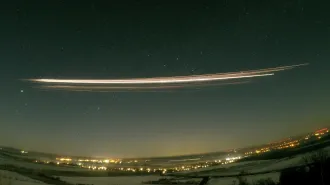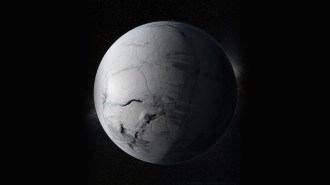Lead-contaminated soil in urban parks, gardens, and schoolyards could be made safer by adding composted organic waste, new research suggests. The tactic could reduce the quantity of the toxic metal that moves from the soil to people, especially children, says Sally Brown of the University of Washington in Seattle.
Brown and her colleagues added biosolids–the polite term for byproducts of treated sewage that are blended into fertilizers–to lead-tainted soil from a home garden in Baltimore. Then they fed rats food tainted with various soil-biosolids mixtures. Of nine recipes, eight reduced the amount of lead absorbed into the animals’ bones.
Composted, iron-rich biosolids were most effective. When blended with nine times their mass in soil, these reduced by about 40 percent the quantity of lead later detected in the rats’ bones, the researchers report in the January-February Journal of Environmental Quality.
While it isn’t yet clear how biosolids bind lead in soil, Brown suggests that heavily leaded urban yards could be rendered less dangerous with the addition of composted biosolids. The metal poses developmental risks for children, who inevitably consume some dirt as they play.
****************
If you have a comment on this article that you would like considered for publication in Science News, send it to editors@sciencenews.org. Please include your name and location.






